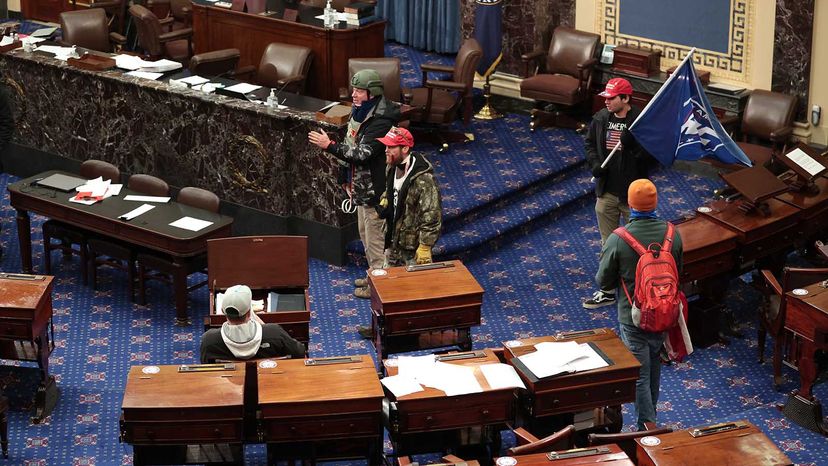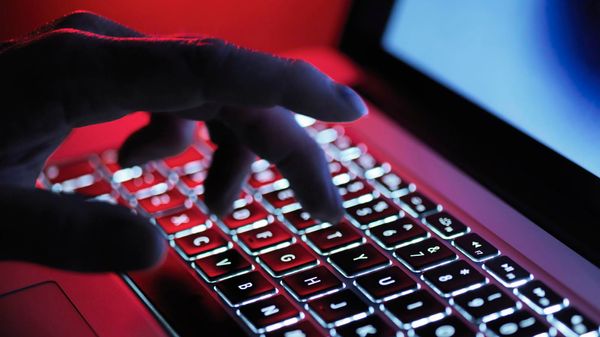Criminologist and sociologist Stanislav Vysotsky of the University of Wisconsin, Whitewater told us in 2018 that anti-fascist activists have been using the tactics of doxxing for decades — early campaigns would march to a white supremacist's house and distribute flyers to his neighbors — but that something is getting lost in these recent crowdsourcing efforts.
"When anti-fascist groups engage in these kinds of doxxing processes," Vysotsky said of distributing flyers at someone's house, "they take great pains to verify. There are multiple pieces of verification. With crowdsourcing, sometimes you don't get level of verification."
On social media, the level of verification can be one person mentioning, "I think I went to high school with that guy," or "He looks like this other pic of a white supremacist that I found on a wiki." In several cases, those claims turned out to be wrong and were quickly corrected by others.
Vysotsky says that's actually one of the potential benefits of crowdsourcing, that the sheer numbers of people investigating could result in accurate information surfacing much faster than if a handful of people are searching around blindly. The downside being that if enough people jump on the wrong information, innocent people get harassed almost instantaneously by the mob, and sometimes that false information lingers because nothing ever really goes away on the internet.
It's not as easy to ID someone as you might think. Studies have shown that 10 to 30 percent of the time people get it wrong when asked to determine whether two photos are of the same person.
Some critics say that publishing anyone's personal information online for the express purpose of harassment is bad, even if that person spouts hate speech. But Vysotsky who studies social movements, says the tactics that activists use are themselves neutral. They're simply tools that can be used for bad or good, depending on which side you stand.
"Anti-fascists would say that doxxing in the service of preventing bias crimes, violence, potentially forms of terrorism, is a tool being used for good," says Vysotsky, who studies anti-fascist movements. "Doxxing in the service of power, sexism, racism, of intimidating people working for progressive change, that's a fascist tool."
As expected, both neo-Nazis and anti-fascists complain when doxxing is used against them, and celebrate when it's deployed against their enemies. Vyotsky says that "outing" people via doxxing increases the "cost of participation" in a protest march.
"If you're looking for work, if you having to move, you don't have time to be organizing, you don't have time to be participating in the movement. It makes you start to ask, is this worth it?" he says.


